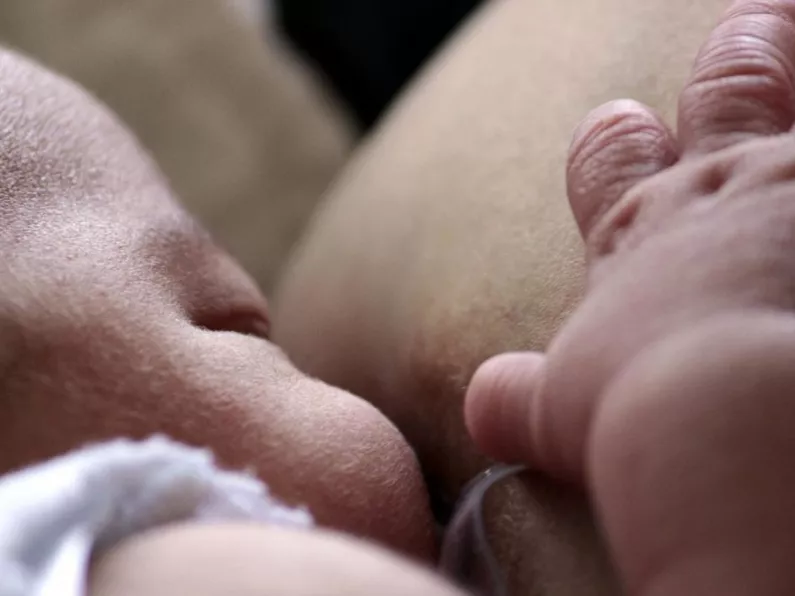How you choose to feed your baby is completely YOUR decision.
Every mom will weigh up what's best, and possible, for them and their little one.
And whether that means you'll breastfeed, express, or formula feed, you should feel empowered by the fact you're doing what's right for you.
The ultimate guide to breastfeeding
If you decide to breastfeed and are able to do so, it's important to remember that it can still be a challenging experience.
Here are 11 things every mom should know about breastfeeding:
- Patience is key: The first couple of weeks in particular may be painful, uncomfortable and tiring as your newborn feeds every two hours. Be kind to yourself.
- Prepare for a slow start: It’s normal for some babies to feed only three times - approximately every eight hours - during their first 24 hours of life. With stomachs the size of cherries, babies drink only tiny volumes in the beginning, from about 7 ml in the first 24 hours to 70 ml by day five.
- Starter pains: In the early days of breastfeeding, it's normal to experience increased sensitivity of the nipples, sharp pain in the areola, engorgement and stomach pain.
- There's no set timings: There's no set length of time for how long each feed will last. It will really depend on how fast your milk flows and how hungry the baby is. When the baby stops sucking properly, it generally means they have had enough.
- Which breast is best? You can feed with only one breast for each feed, but just make sure to start with the other breast the next time.
- Foremilk vs hindmilk: Foremilk is produced at the beginning of a feed and has a low-fat content. Later milk is called hindmilk which has a high-fat content and is very satisfying for baby. Babies need both, so they should continue to feed on one breast until it’s nearly empty.
- Frequency: In the first week, your baby may want to feed very often. It could be every hour in the first few days. Feed your baby as often as they want and for as long as they want. They'll begin to have fewer, but longer feeds after a few days. As a very rough guide, your baby should feed at least eight to 12 times every 24 hours during the first few weeks.
- Reading the signs: If feeds are less than an hour apart, this may be due to poor intake caused by incorrect attachment. Alternatively, your baby may not be getting enough hindmilk. If you think the latter might be the case, encourage feeding for a little longer on the first breast and see if this helps.
- Hunger pains: Your baby will let you know they're hungry by getting restless, sucking their fist or fingers, making murmuring sounds or turning their head and opening their mouth.
- Leaking boobs: Sometimes, breast milk may leak unexpectedly from your nipples. Wearing breast pads will stop your clothes becoming wet, but remember to change them frequently to prevent an infection.
- Night feeds: It's important to breastfeed at night because this is when you produce more hormones (prolactin) to build up your milk supply. You will gradually be able to cut down on the night feeds.
